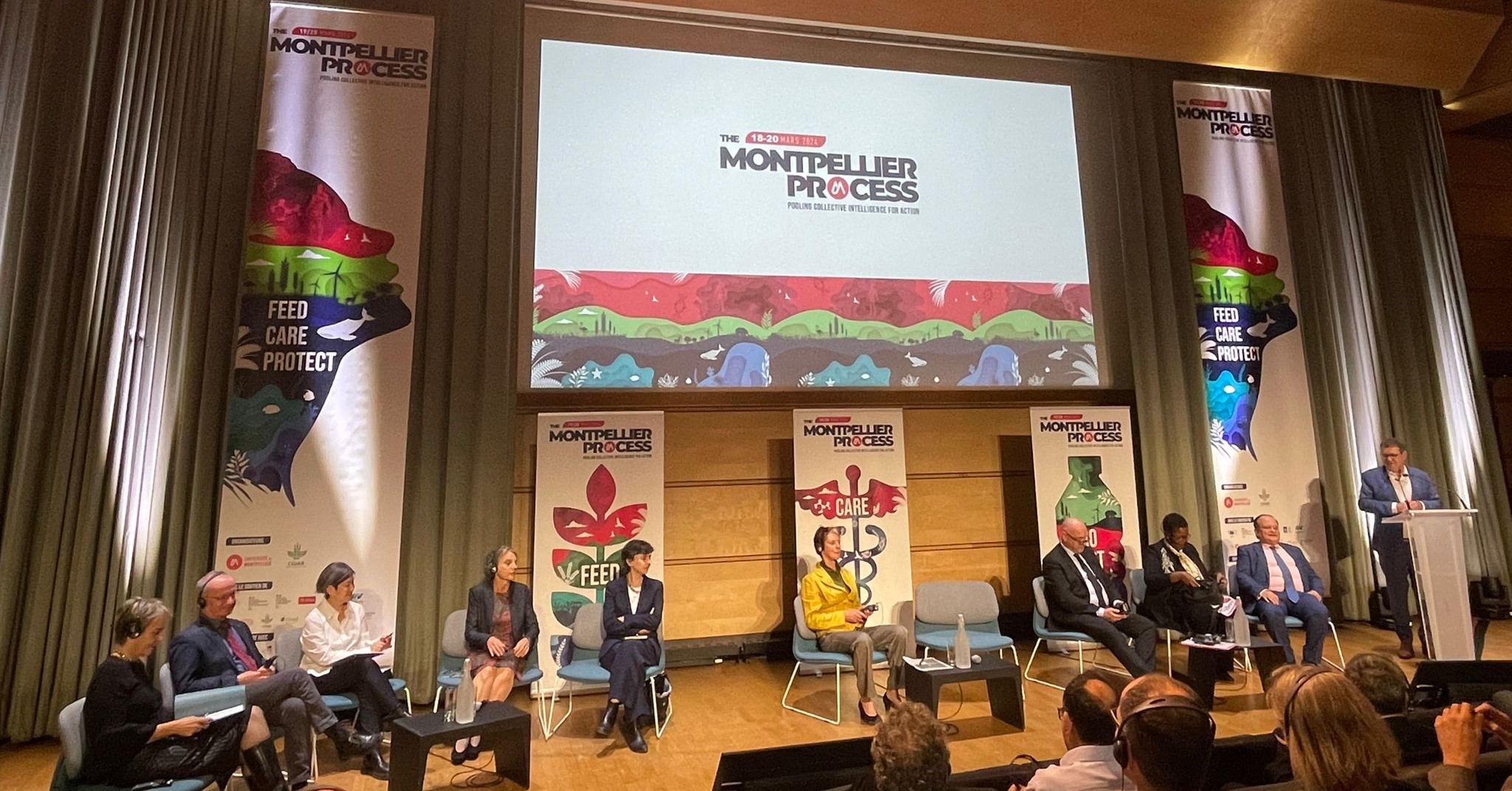SEED FUNDING JOINT PROGRAMMES
Egypt
Strengthening Sustainable and Resilient Food and Nutrition Systems in Egypt for SDG Acceleration




PROJECT TITLE | Strengthening Sustainable and Resilient Food and Nutrition Systems in Egypt for SDG Acceleration |
| Context | Egypt engaged actively in the 2021 Food Systems Summit process, convening a national dialogue and developing national pathways with recommended interventions for improving food security and nutrition by 2030. To enhance multi-sectorial coordination and spearhead the transformation process, the Government created a National Committee for Food and Nutrition Systems chaired by the Prime Minister and bringing together several ministries to coordinate joint actions. Strengthening coordination mechanisms, fostering multi-stakeholder partnerships, consolidating accountability structures, focusing on the availability of evidence, analysis, and data, are identified as key priorities to strengthen the food systems governance structure in Egypt. |
| PUNOs | WFP, FAO, UNICEF |
| Contribution to SDGs | SDG 2 Zero Hunger, SDG 3 Good Health and Well-being, 12 Responsible Consumption and Production. |
| Contribution to other SDG transitions | Climate, biodiversity, pollution |
| Duration | June 2024 – May 2025 |
| Expected financial leverage | $87,000 (PUNO co-financing) |
| Alignment with SG Call to Action | Policy integration; Food systems governance; Research, data, technology and innovation; Inclusive and participatory design; Private sector engagement |
| Outcomes | The JP contributes to strengthening policy and governance frameworks for food systems transformation and generating evidence and analysis on key dimensions of food systems to inform decision-making, supporting the work of the National Committee for Food and Nutrition Systems. The JP complements the government’s flagship program “Country Platform for the Nexus of Water, Food and Energy”, which provides a mechanism to mobilize climate finance and private investments. |
| Partners |
|
| Outputs |
|
Advancing food systems transformation through science: Participating in the Montpellier Process

On 19-20 March 2024, in Montpellier, France, a significant conference titled "The Montpellier Process - Pooling Collective Intelligence" was convened. The event brought together 300 participants from the scientific and policy-making communities to discuss the transformation of food systems in line with the ambitious objectives of the 2030 Agenda for Sustainable Development.
The conference structured its agenda around three thematic sessions, aiming to foster a comprehensive dialogue on improving food systems globally:
- Knowledge: Sharing expert panels’ ambitions, challenges, and demands.
- Intelligence: Interactive discussion on moving beyond fragmented intelligence.
- Action: Developing a joint roadmap for pooling collective intelligence
Engagement and contributions
The Hub's participation in the conference, along with the National Convenors of Cambodia and Switzerland, was marked by active involvement in various sessions and constructive interactions with stakeholders interested in the science-policy-society nexus.
The event commenced with a panel discussion on "From Knowledge to Intelligence," featuring notable speakers such as Philippe Augé, President of the University of Montpellier, and Professor Lindiwe Majele Sibanda, Chair of the CGIAR System Board. This session, alongside an opening address by the Mayor of Montpellier, Michaël Delafosse, underscored the importance of integrating knowledge and intelligence in shaping transformative pathways for food systems.
The conference emphasized the complexity of global food systems challenges, advocating for the integration of diverse knowledge systems and collective intelligence to address these challenges, particularly in regions facing pronounced vulnerabilities in the Global South. The Hub's Director, Stefanos Fotiou, highlighted the importance of more balanced exchanges across all sectors and expressed the Hub's support for the objectives of the Montpellier Process, which aims to scale up science-policy-society interfaces to accelerate food systems transformation.
Interactive sessions at the conference facilitated discussions on cross-sectoral collaboration and the role of transdisciplinarity in fostering robust science-policy-society interfaces to accelerate transformation. A workshop co-facilitated by the Hub's Senior SDGs Expert, Nicole de Paula, focused on consumer agency in food system transformation, drawing on case studies from Kenya and Costa Rica, with the support of Consumers International, to illustrate the positive impact of informed consumer choices.
Synthesizing scientific insights
The Montpellier Process served as a platform for synthesizing insights from various scientific perspectives, emphasizing the need for greater collaboration across disciplines. This approach aims to translate scientific findings into actionable policy frameworks, addressing the gap between theoretical discourse and pragmatic interventions.
Acknowledgments and future directions
We extend our profound gratitude to the individuals instrumental in facilitating these important dialogues—Patrick Caron, Fabrice DeClerk, Amanda Harding, and the entire organizing committee.
As the Hub embarks on the next phase of our journey, we remain steadfast in our commitment to advancing food systems that are equitable, resilient, and sustainable.
For further information on the Montpellier Process, please visit the CGIAR event page: https://www.cgiar.org/news-events/event/the-montpellier-process-pooling-collective-intelligence/
